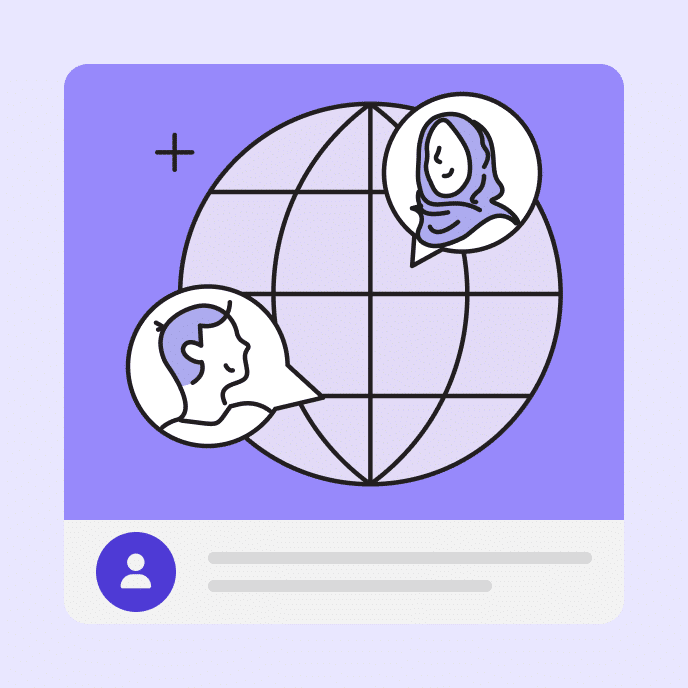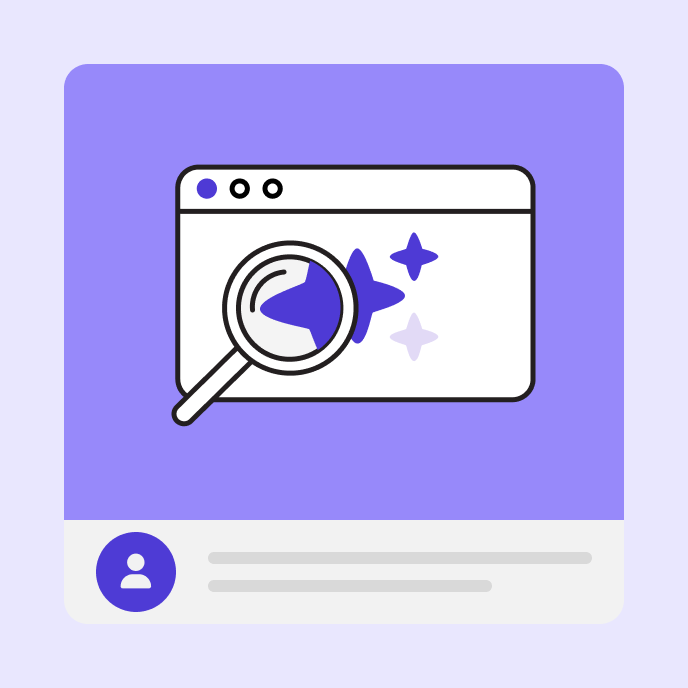What Is Customer Training? (And Why You Shouldn’t Forget About It)
Effective customer training leads to happier users, higher retention, and better product adoption. Learn why it’s a must for your business.

An essential, yet often overlooked, training type
Imagine that you work at a company that is developing an outstanding new product that promises to shake up your industry. Product designers, engineers, marketing ops, and other key stakeholders have been at it for months, making sure all the key features are working perfectly and everything is going according to plan.
The big launch date finally arrives, and your product is now out there in the world, ready to make a big splash. But the early returns aren’t exactly what anyone had in mind, especially considering the time, effort, and money that went into it. So, what happened?
Chances are, like so many businesses in these scenarios, you overlooked a critical factor in the equation: effective customer training. Having a great product isn’t always enough. True success depends on how well customers embrace, understand, and use your product in their daily workflow—which is where customer training comes into play.
In this blog post, we’ll explore what customer training is, why it matters, and how an effective customer training program can take your product to the next level.
Key Takeaways
- Effective customer training increases product adoption and helps you retain customers.
- Better customer training reduces support issues and frees up resources for more pressing problems.
- Customer training leads to greater customer satisfaction and therefore more brand loyalty.
What is customer training?
Customer training educates customers on how to use your products or services effectively. To further clarify, let’s back up and explain what customer training is not.
Customer training isn’t just a helpful set-up guide on how to use your product. If you truly want to get customers up to speed fast and efficiently, start thinking beyond instruction manuals.
Instead, consider what you want customers to be able to do or achieve with your product. Now, you can start tailoring your training program to meet those goals.
Perhaps the most underrated aspect of customer training is that it is an opportunity for relationship-building. When you help customers get the most value out of what you have to offer, you boost customer loyalty by increasing the likelihood that they integrate it into their daily workflow and become long-term and repeat users.

Types of customer training programs
Customer training programs come in many forms. The following are just a few types of training programs that organizations commonly offer to new customers.
Customer onboarding
From welcome emails to installation and personalization, product adoption efforts begin the moment you start onboarding new customers. When you make training a priority from the get-go, you pave the way for an effective customer experience. This type of care and attention in the early stages lets your customers know that they are supported and that you are invested in their success.
Product demos
Guided tutorials and interactive walkthroughs are a great way to introduce product features to new customers. This is an opportunity to not only emphasize the value of your product but also demonstrate practical tips and strategies that will transform them into power users. Tip: Product demos aren’t just limited to B2B or SaaS products. Think about cooking videos or recipe cards for meal kit companies—lots of DTC brands use this type of customer training, too.
Certifications and accreditations
Need a quick and easy way to add credibility and structure to your product training? Allowing new users to earn certifications, accreditations, badges, and awards as they progress through training doesn’t just ensure they get the tools and know-how they need to succeed. It also boosts their confidence and establishes your authority.
Role-specific guides
When you launch a new software product that promises to revolutionize the way you work, the last thing you want is a generic training module that holds no relevance to your particular job. An effective training program will feature a personalized learning path with role-specific tutorials and real-world use cases tailored to individual roles, experience levels, and goals.
Dedicated training hub
This is a centralized training hub where customers can find everything they need to get the most out of your product. From quick-start guides and user manuals to asynchronous webinars and self-paced tutorials, this is their one-stop shop for all of their training needs. Adding a community forum aspect can create a space where users can chat and share insights.
The benefits of customer training
One of the biggest obstacles to product success is complexity. The latest apps, platforms, and software programs often come with lofty promises to make your work life easier. The catch is that there is often a steep learning curve when implementing these shiny new tools.
That’s what makes a customer education program beneficial to all parties. Here are some of the other perks:
Product improvement
Success in any industry starts with offering the best possible product. A customer training program is an excellent way to gather real-world intel on how well your product is working and where it could use improvement. Smart training programs feature built-in mechanisms designed to offer insights on how to refine your product based on customer experiences and feedback.
Happier, loyal customers
Customer satisfaction should always be top of mind. A happy, loyal customer is one who has a positive and ongoing relationship with your product and your brand. According to a study by Talented Learning, 68% of trained customers use products more often, and 56% use more product features. Customer training programs have also proven to reduce churn and increase renewal rates and upselling opportunities.
A lighter load on customer support
When customers are well-trained on your product, it reduces the number of service tickets your customer support team has to deal with. As helpful and knowledgeable as they are, customer service isn’t responsible for customer training. A training program—along with a dedicated training hub—can ease the burden and allow them to focus on what they do best: troubleshooting issues as they arise.
Brand evangelism
Customer training programs don’t just help you retain customers. They turn brand loyalists into brand activists. There’s no greater endorsement than when a customer recommends your product to others entirely of their own accord. That type of word-of-mouth marketing isn’t something you can put a price tag on, but investing the time and effort into creating a stellar customer training program will pay major dividends.
Retain customers and turn them into loyal fans
Customer training isn’t just a checkbox when launching a new product. It can be the difference-maker in its success. Well-trained customers become power users, and the confidence they build through leveraging your product for their own success makes them more likely to keep using it, recommend it to others, and purchase more products and upgrades in the future.
Learn more about how to set up an effective customer training program by checking out our latest e-book, Unlock Growth and Engagement with Customer Training
You may also like

Translation Validation Tips When You Don’t Have a Professional Validator
Our translation validation tips provide free ways to ensure accurate and relevant translations for when you don’t have access to a professional validator.

